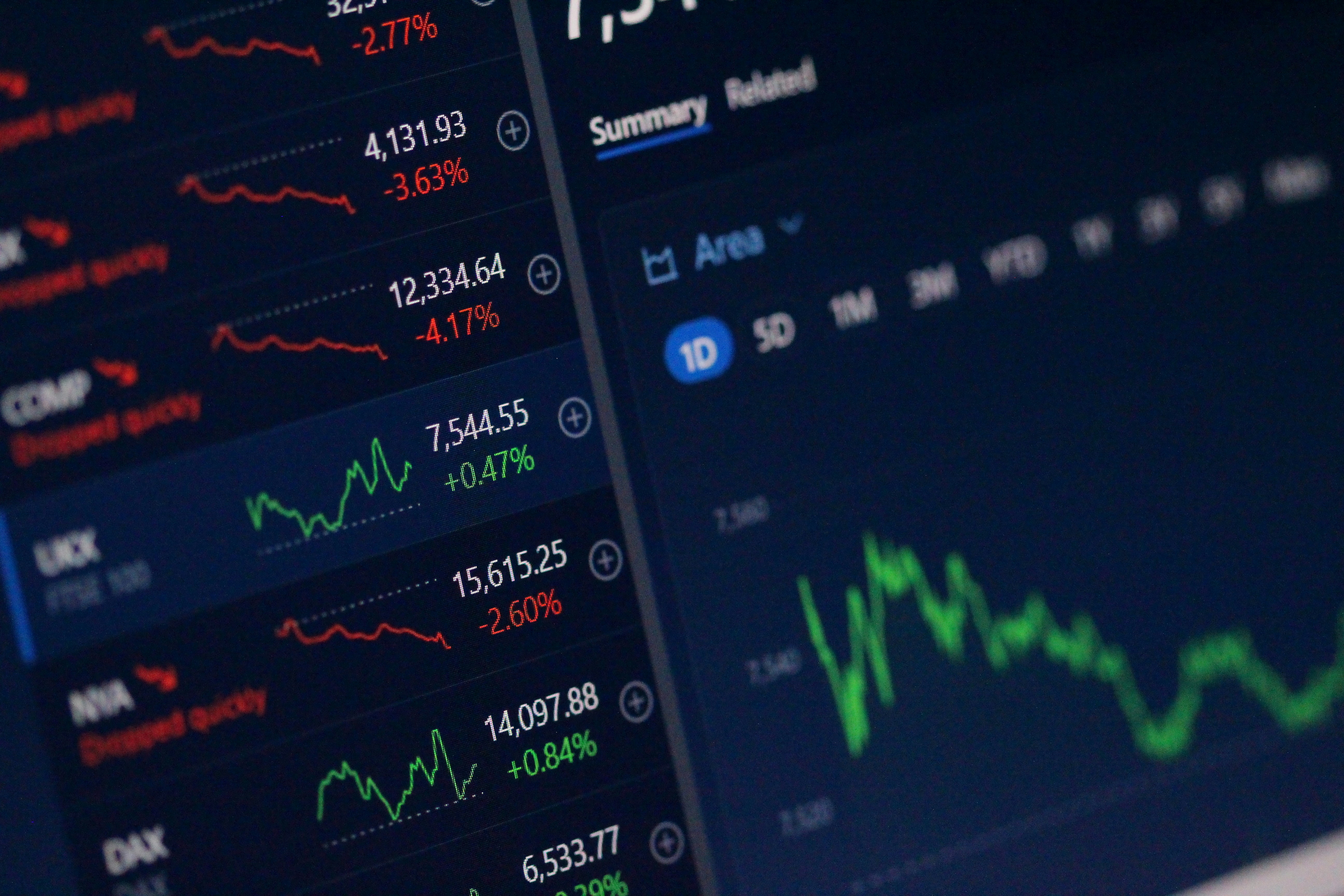As geopolitical volatility intensifies, market participants are demonstrating a familiar—but increasingly concentrated—pattern of defensive repositioning. On the surface, the story is one of falling equity indices and rising haven assets. But the undercurrent reveals a more nuanced capital posture recalibration, driven by the region’s exposure to energy fragility and FX vulnerability.
The flight-to-safety seen across Asian markets this week is less about sentiment and more about perceived institutional asymmetry. With the Middle East conflict now involving targeted infrastructure threats, including Israeli warnings around Iranian nuclear facilities, allocators are treating the regional commodity nexus not just as a risk vector—but as a systemic price destabilizer. The price reaction in gold and the Japanese yen is not a knee-jerk hedge. It is a repricing of relative resilience.
Gold’s surge past US$2,400 and the yen’s rebound toward 155/USD are not disconnected events. They stem from two overlapping forces: stress in energy-linked FX buffers and the narrowing headroom of regional monetary authorities to decouple from inflation-linked Western tightening.
Bank of Japan’s long-maintained ultra-loose stance faces intensifying upward pressure on imported inflation—exacerbated by crude volatility. The yen's appreciation may appear counterintuitive under policy divergence conditions, but capital is repricing Japan not for growth, but for liquidity discipline. That repricing aligns with institutional memory of the yen’s behavior during the 1990–2008 commodity cycles: structurally disinflationary domestic economy, but externally responsive reserve safety.
Elsewhere, emerging Asian central banks such as Bank Negara Malaysia and Bank Indonesia remain constrained. They cannot raise rates meaningfully without stalling domestic credit or undermining fiscal consolidation efforts. In such a posture, capital does not wait for rate action. It reallocates to perceived cushion zones—namely, gold and low-volatility FX like the yen or CHF.
The current episode mirrors fragments of the 2006–2008 pre-crisis phase, where oil-linked geopolitical tension catalyzed flows into hard assets, even as Asian markets tried to decouple on domestic consumption strength. Back then, the myth of Asia's insulation from energy volatility broke down when inflation pass-through and subsidy stress triggered fiscal tightening and currency reserve drawdowns.
Today, the energy market is more globally entangled, but the fiscal headroom is thinner. Malaysia, Thailand, and even Singapore’s sovereign investment-linked budgets are not insulated from sustained oil above US$100. Investors know this. And while direct spillovers are not yet evident in inflation prints, capital signals precede CPI. The outperformance of gold ETFs and yen carry unwind show reallocators are not waiting for CPI confirmation—they are positioning for fragility.
Equity outflows from Asian bourses are accelerating not just on risk aversion, but on preemptive volatility cost modeling. Derivatives pricing on the Nikkei and KOSPI now implies a higher forward beta to Brent crude swings than to US Treasury yields—a notable shift from last quarter’s Fed-centric volatility calculus.
Singapore and Hong Kong bond desks report rising interest in FX-neutral gold-linked notes and regional bond mutual funds pivoting out of Indonesian and Philippine corporate debt in favor of short-duration Singapore IG.
Sovereign funds are not absent from this equation. While GIC and ADIA have not commented publicly, their historical asset rotation behavior—documented during the 2011 Arab Spring and 2019 US-Iran flareups—suggests that portfolio overlays with heavier gold exposure and reduced EM FX bets are being quietly rebalanced.
This is not an emerging market panic. It is a selective repositioning based on institutional memory and constrained policy options. The capital posture shift toward gold and the yen does not reflect a crisis trigger. It reflects systemic caution that the current energy-geopolitical nexus could tighten rate normalization paths, undermine FX buffers, and provoke fiscal recalibrations before they are politically visible.
Such moves do not demand central bank responses. But they do constrain their options—and quietly redefine what “neutral” monetary stance means under geopolitical duress.
The simultaneous drop in Asian equities and rise in haven assets like gold and the yen is more than a reactive blip—it signals a recalibration of institutional risk tolerance. Capital is migrating not out of fear, but out of recognition that regional monetary policy flexibility is narrowing under geopolitical and commodity-linked pressure. As volatility premium shifts away from US rate guidance toward energy-linked instability, this quiet repositioning may precede broader fiscal or sovereign asset shifts. In short: the market isn’t panicking, it’s preparing—for a phase where policy buffers matter more than growth forecasts or headline inflation.















